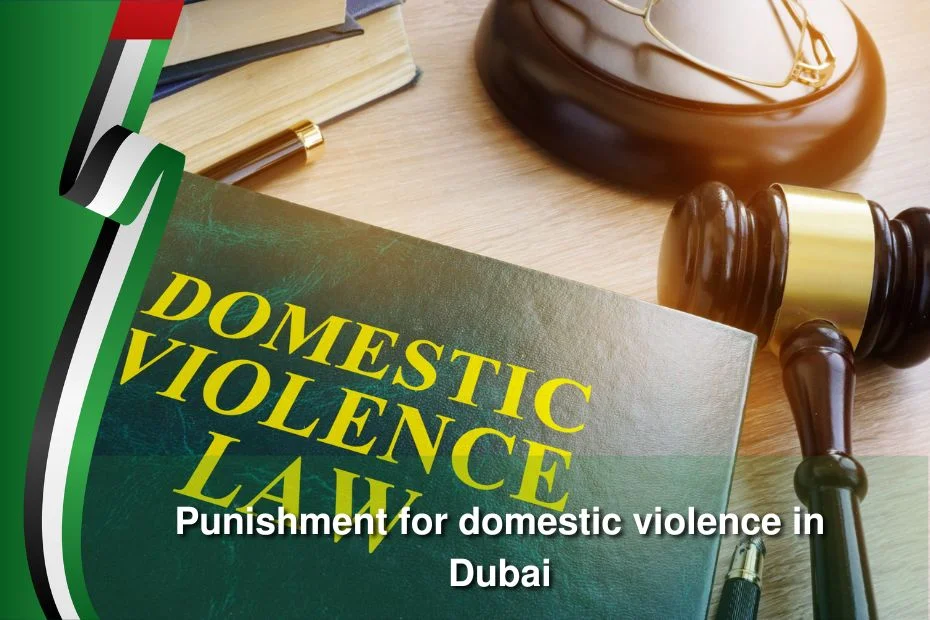Domestic or family violence cases are deeply sensitive, and in the UAE, such situations are taken very seriously under the law. While self-defense is a protected legal right, there are strict limitations on how and when it can be exercised. Understanding these laws can help victims of abuse act within the legal framework while ensuring their safety and dignity.
Legal Recognition of Self-Defense in Domestic Settings
Under Federal Decree-Law No. 31 of 2021 (UAE Penal Code), self-defense is legally justified if the person faces an immediate and unlawful attack that threatens their life, safety, or well-being. However, the response must be proportionate to the threat.
In domestic violence cases, the law allows a spouse or family member to defend themselves only when:
- The danger is immediate and unavoidable.
- The response does not exceed the threat.
- The person did not provoke or initiate the violence.
If the self-defense action is found excessive or premeditated, it can lead to criminal liability.

UAE’s Approach to Family and Domestic Violence
The Federal Decree-Law No. 10 of 2019 on Protection from Domestic Violence defines domestic violence as any act that causes physical, psychological, sexual, or financial harm within a family relationship. Victims can seek:
- Protection orders against the abuser.
- Police intervention and legal complaints.
- Counseling and rehabilitation support through official channels.
However, resorting to physical retaliation can complicate the case, making legal advice essential before taking any step.
People also read: Self-Defense Tools in the UAE: What’s Legal and What’s Not
Limitations on Self-Defense in Domestic Violence
The UAE Penal Code emphasizes restraint and proportionality. Even in domestic settings:
- Self-defense cannot be used as a justification for revenge or retaliation.
- Excessive physical response may be treated as assault.
- Evidence must prove the immediacy of the threat—including injuries, messages, or witness statements.
In short, the law protects victims who act to prevent harm, not those who escalate the situation.
How Adv. Sanafer Arakkal of Concept Advocates Helps
Adv. Sanafer Arakkal, founder of Concept Advocates, is a seasoned legal expert in criminal and family law cases across the UAE. He assists clients by:
- Advising on the legal limits of self-defense in domestic situations.
- Helping victims file protection orders and criminal complaints safely.
- Representing clients accused of excessive self-defense or retaliatory violence.
- Providing discreet, compassionate, and strategic legal support to protect both legal and personal interests.
With his deep understanding of UAE law and human sensitivity involved in domestic matters, Adv. Sanafer ensures that clients receive protection, justice, and fair representation.
Conclusion
Self-defense in domestic violence situations is a right—but not without boundaries. The UAE legal system recognizes the need for protection but requires actions to remain within lawful limits. For those facing such delicate challenges, Adv. Sanafer Arakkal and Concept Advocates provide the trusted guidance needed to navigate domestic violence cases with legal precision and care.

